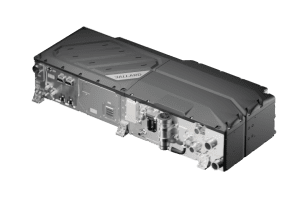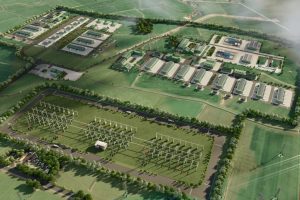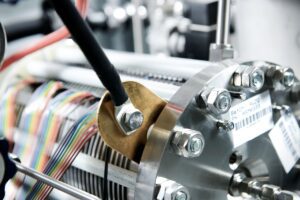The cross-sector research undertaken as part of this program aims to result in a lightweight composite tank that can withstand the incredibly low temperature of liquid hydrogen, minus 253°C. The project will focus on both composite tank construction, digital design strategies and production technologies.
By converting the construction of the hydrogen tank from existing metallic solutions to composites, the liquid hydrogen composite tank will achieve weight savings that enable the advancement of liquid hydrogen as a sustainable fuel source for civil aviation. This will lower the carbon footprint of air travel and increase and extend the flight range of aircraft fleet by reducing construction weight and cost.
The consortium comprises 13 partners across academia and industry: Aircraft Development and Systems Engineering (ADSE), Airborne, Bold Findings, Cryoworld, GKN Aerospace’s Fokker business, IT’S Engineering, KVE, NLR, PhotonFirst Technologies, Somni Solutions, TANIQ, and Technical University Delft together with SAM|XL.
“By joining together the best of Dutch industries and institutes in a unique consortium, we will contribute to the acceleration of hydrogen technology into aerospace as a sustainable fuel source for the future,” said Frank Meurs, Managing Director at Toray Advanced Composites. “This project underlines the commitment across the supply chain to drive forward sustainable propulsion technologies and is conducted in full alignment with the major aircraft and engine manufacturers.”






